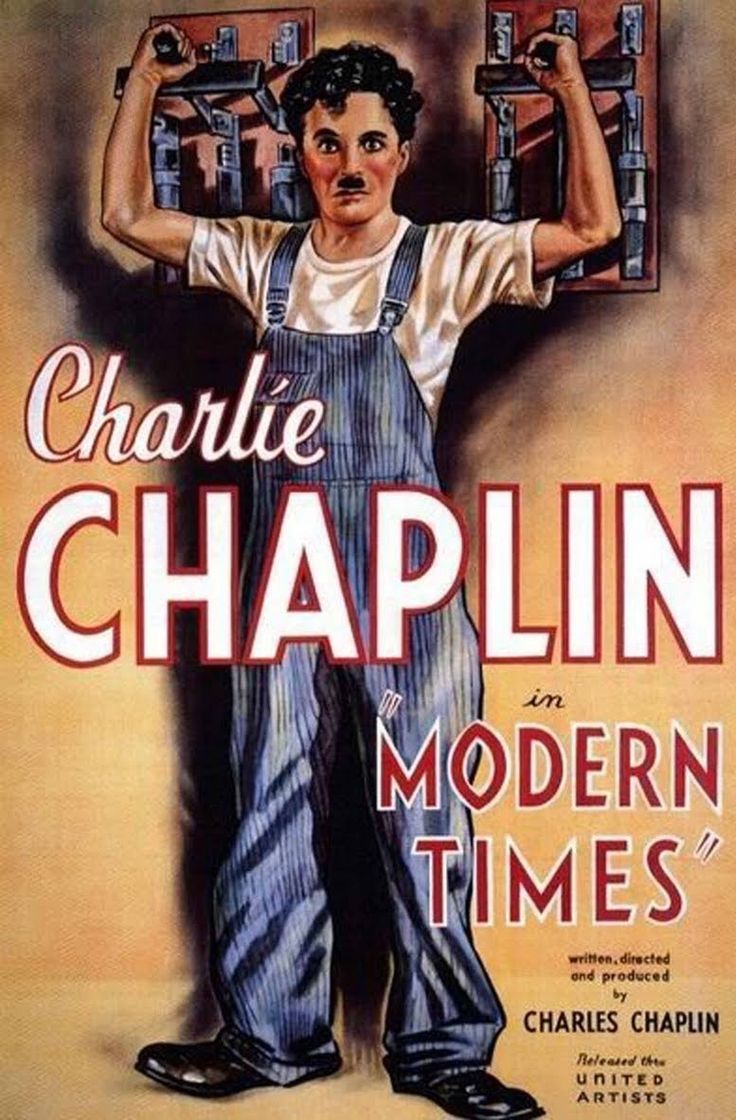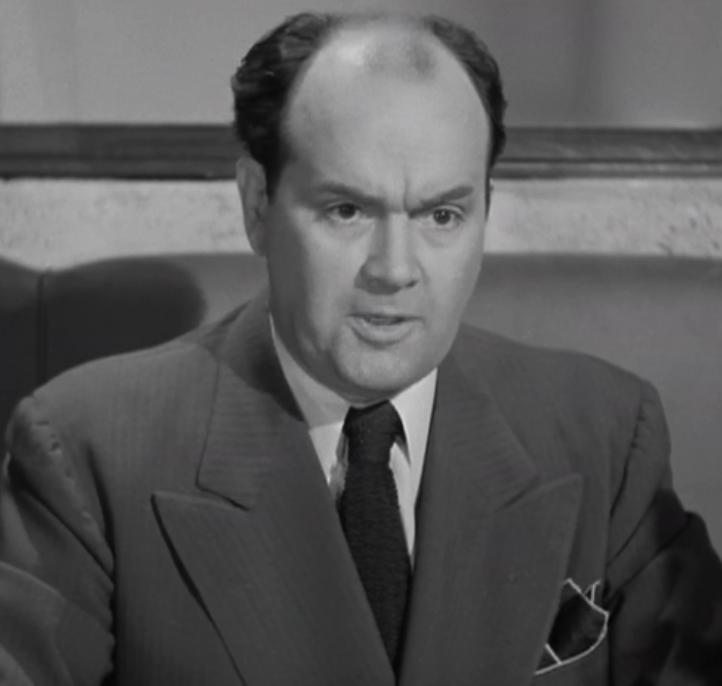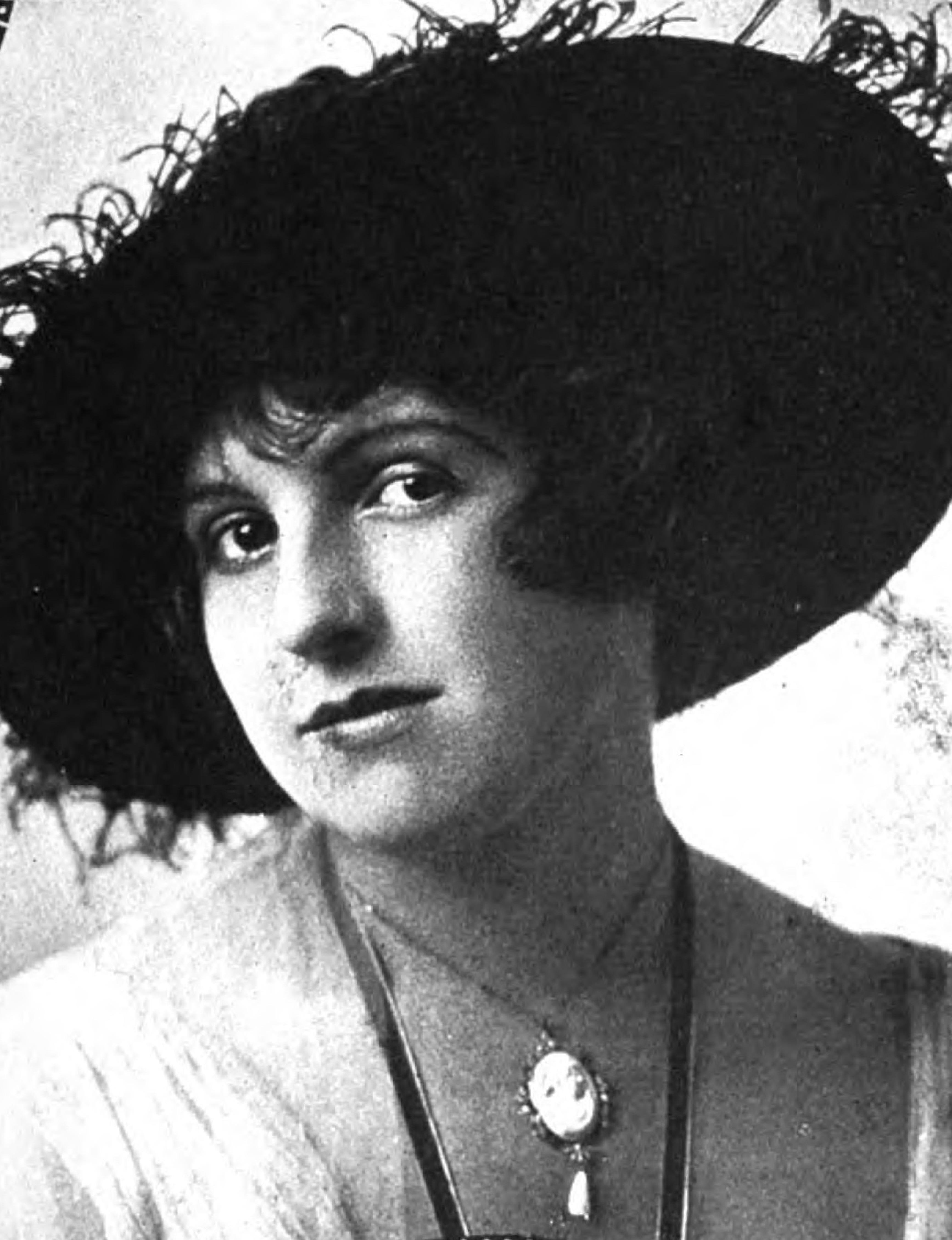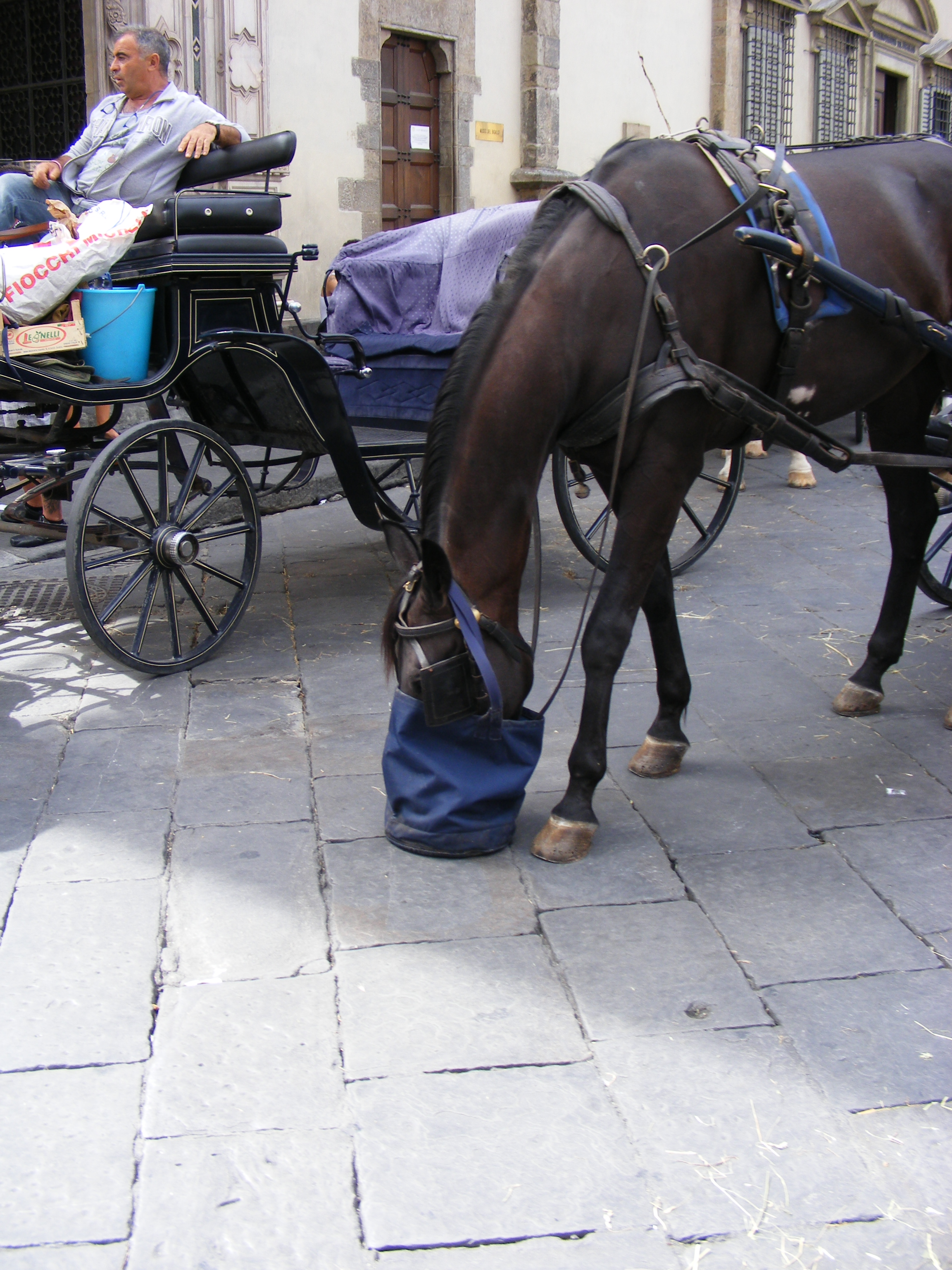|
The Inspector General (1949 Film)
''The Inspector General'' is a 1949 American Technicolor musical film, musical comedy film directed by Henry Koster and starring Danny Kaye, Walter Slezak, Barbara Bates, and Elsa Lanchester. Original music and lyrics are by the associate producer Sylvia Fine, who was married to Danny Kaye, with Johnny Green credited for musical direction and incidental score. The film is loosely based on Nikolai Gogol's play ''The Government Inspector, The Inspector General''. The plot is re-located from the Russian Empire into an unspecified corrupted region of a European country that suddenly finds itself under the supervision of the First French Empire. Plot Georgi, a naive and kind-hearted member of a band of Romani people, Gypsies is kicked out by their leader Yakov after revealing to some villagers that the snake oil, elixir they were peddling was fake. Tired and hungry, he wanders into the small town of Brodny. Whilst trying to eat from a horse's feedbag, he is arrested as a horse thief a ... [...More Info...] [...Related Items...] OR: [Wikipedia] [Google] [Baidu] |
Henry Koster
Henry Koster (born Hermann Kosterlitz, May 1, 1905 – September 21, 1988) was a German-born film director. He was the husband of actress Peggy Moran. Early life Koster was born to Jewish parents in Berlin, Germany. He was introduced to cinema around the year 1910 when his uncle opened a movie theater in Berlin. Koster's mother played the piano to accompany the films, leaving the young boy to occupy himself by watching the films. After working initially as a short story writer, Kosterlitz was hired by a Berlin movie company as scenarist, becoming an assistant to director Curtis Bernhardt. Bernhardt became sick one day and asked Kosterlitz to take over as director. Career In 1932, Koster directed his first film in Berlin, the comedy ''Thea Roland''. Koster was in the midst of directing his second film ''Das häßliche Mädchen'', when Hitler and the Nazi party rose to power. He automatically lost his German citizenship (as did all German Jews) in 1933, when Hitler became chan ... [...More Info...] [...Related Items...] OR: [Wikipedia] [Google] [Baidu] |
Comedy Film
The comedy film is a film genre that emphasizes humor. These films are designed to amuse audiences and make them laugh. Films in this genre typically have a happy ending, with dark comedy being an exception to this rule. Comedy is one of the oldest genres in film, and it is derived from classical comedy in theatre. Some of the earliest silent films were slapstick comedies, which often relied on visual depictions, such as sight gags and pratfalls, so they could be enjoyed without requiring sound. To provide drama and excitement to silent movies, live music was played in sync with the action on the screen, on pianos, organs, and other instruments. When sound films became more prevalent during the 1920s, comedy films grew in popularity, as laughter could result from both burlesque situations but also from humorous dialogue. Comedy, compared with other film genres, places more focus on individual star actors, with many former stand-up comics transitioning to the film industry ... [...More Info...] [...Related Items...] OR: [Wikipedia] [Google] [Baidu] |
Buddy Roosevelt
Buddy Roosevelt (born Kenneth Stanhope Sanderson; June 25, 1898 – October 6, 1973) was an American film and television actor and stunt performer from Hollywood's early silent film years through the 1950s. Biography Roosevelt was born as Kenneth Stanhope Sanderson in Meeker in Rio Blanco County in northwestern Colorado. He was an athlete and a cowboy in his youth. He started performing as a stuntman in 1916, his first work being on the film '' Hell's Hinges''. He continued working as a stuntman as well as an actor throughout his long Hollywood career. Roosevelt served in the United States Navy during World War I. Although it has been said that he served aboard the USS ''Norfolk'', and that it was sunk during that war, no record of a USS ''Norfolk'' being in service during World War I has been found. After World War I, Roosevelt returned to Hollywood to perform stunts in films as notable as '' The Sheik'', the 1921 movie classic starring Rudolph Valentino and for which Vale ... [...More Info...] [...Related Items...] OR: [Wikipedia] [Google] [Baidu] |
Rhys Williams (Welsh-American Actor)
Rhys Williams (31 December 1897 – 28 May 1969) was a Welsh character actor. He appeared in 78 films over a span of 30 years and later appeared on several American television series. Career He made his 1941 film debut in the role of Dai Bando in '' How Green Was My Valley'', a drama about a working-class Welsh family that won the Academy Award for Best Picture. Williams was the only Welsh actor in the cast. He is believed to have been the original narrator of the film, and was originally hired by director John Ford as a dialogue coach. During television's early years in America, Williams was in scores of series episodes, including the '' Adventures of Superman'' as a sadistic character in the 1952 episode "The Evil Three". Williams played art collector Rufus Varner in the 1958 '' Perry Mason'' episode, "The Case of the Purple Woman", and appeared on the religion anthology series, '' Crossroads''. His other television work was on such programmes as ''The Rifleman'', '' The D ... [...More Info...] [...Related Items...] OR: [Wikipedia] [Google] [Baidu] |
Walter Catlett
Walter Leland Catlett (February 4, 1889 – November 14, 1960) was an American actor and comedian. He made a career of playing excitable, meddlesome, temperamental, and officious blowhards. Career Catlett was born on February 4, 1889, in San Francisco, California. He started out in vaudeville, teaming up with Hobart Cavanaugh at some point, with a detour for a while to opera, before breaking into acting. He debuted on stage in 1906 and made his first Broadway appearance in either ''The Prince of Pilsen'' (1910 or 1911) or ''So Long Letty'' (1916). His first film appearance was in 1912, but then he went back to the stage and did not return to films until 1929. He performed in operettas and musicals, including ''The Ziegfeld Follies of 1917'', the original production of the Jerome Kern musical '' Sally'' (1920) and the Gershwins' '' Lady, Be Good'' (1924). In the last, he introduced the song " Oh, Lady Be Good!" In 1918, he starred in, stage-managed and rewrote an Oliver M ... [...More Info...] [...Related Items...] OR: [Wikipedia] [Google] [Baidu] |
Alan Hale (actor, Born 1892)
Alan Hale Sr. (born Rufus Edward Mackahan; February 10, 1892 – January 22, 1950) was an American actor and director. He is best remembered for his many character roles, in particular as a frequent sidekick of Errol Flynn, as well as films supporting Lon Chaney, Wallace Beery, Douglas Fairbanks, James Cagney, Clark Gable, Cary Grant, Humphrey Bogart, and Ronald Reagan. Hale was usually billed as Alan Hale and his career in film lasted 40 years. His son, Alan Hale Jr., also became an actor and remains most famous for playing "the Skipper" on the television series ''Gilligan's Island''. Early life Hale was born Rufus Edward Mackahan in Washington, D.C. He studied to be an opera singer. Career His first film role was in the 1911 silent movie '' The Cowboy and the Lady''. He became a leading man while working in 1913–1915 for the Biograph Company in their special feature film productions sponsored and controlled by Marc Klaw and Abraham Erlanger. Later, he became more ... [...More Info...] [...Related Items...] OR: [Wikipedia] [Google] [Baidu] |
Gene Lockhart
Edwin Eugene Lockhart (July 18, 1891 – March 31, 1957)"Gene Lockhart" ''The Canadian Encyclopedia''. was a Canadian-American , playwright, singer and lyricist. He appeared in over 300 films, and received an nomination for Best Supporting Actor for his role as Regis in '' |
Napoleon
Napoleon Bonaparte (born Napoleone di Buonaparte; 15 August 1769 – 5 May 1821), later known by his regnal name Napoleon I, was a French general and statesman who rose to prominence during the French Revolution and led Military career of Napoleon, a series of military campaigns across Europe during the French Revolutionary and Napoleonic Wars from 1796 to 1815. He led the French First Republic, French Republic as French Consulate, First Consul from 1799 to 1804, then ruled the First French Empire, French Empire as Emperor of the French from 1804 to 1814, and briefly again in 1815. He was King of Italy, King of Kingdom of Italy (Napoleonic), Italy from 1805 to 1814 and Protector of the Confederation of the Rhine, Protector of the Confederation of the Rhine from 1806 to 1813. Born on the island of Corsica to a family of Italian origin, Napoleon moved to mainland France in 1779 and was commissioned as an officer in the French Royal Army in 1785. He supported the French Rev ... [...More Info...] [...Related Items...] OR: [Wikipedia] [Google] [Baidu] |
Feedbag
A feedbag, feed bag, feeding bag, nosebag, or morral, is a bag, filled with fodder, and attached to the head of a horse, enabling it to eat. The main advantages are that only a small amount of the feed is wasted, and it prevents one animal consuming the ration of another. It can be made of leather, reeds, but more commonly is a thick fabric or light canvas. Some modern designs are made of Cordura or other durable nylon, with a solid bottom and mesh sides for ventilation. To access the portion of the feed near the bottom of the bag, the horse needs to be able to touch its head to the ground, allowing it to push its nose into the end of the bag. In popular US culture, the feedbag is used in the expression "strap on the old feedbag", meaning to "dine". It suggests that the diner will pay little attention to etiquette, and will dine heartily. The term is also found in numerous restaurant names. See also *Glossary of equestrian terms This is a basic glossary of equestrian terms th ... [...More Info...] [...Related Items...] OR: [Wikipedia] [Google] [Baidu] |
Snake Oil
Snake oil is a term used to describe False advertising, deceptive marketing, health care fraud, or a scam. Similarly, snake oil salesman is a common label used to describe someone who sells, promotes, or is a general proponent of some valueless or fraudulent cure, remedy, or solution. The term comes from the "snake oil" that used to be sold as a cure-all elixir for many kinds of physiological problems. Many 18th-century European and 19th-century United States entrepreneurs advertised and sold mineral oil (often mixed with various Active ingredient, active and Inactive ingredient, inactive household herbs, spices, drugs, and compounds, but containing no snake-derived substances whatsoever) as "snake oil liniment", making claims about its efficacy as a Panacea (medicine), panacea. Patent medicines that claimed to be panaceas were extremely common from the 18th century until the 20th century, particularly among vendors masking addictive drugs such as cocaine, amphetamine, Alcohol (d ... [...More Info...] [...Related Items...] OR: [Wikipedia] [Google] [Baidu] |
Romani People
{{Infobox ethnic group , group = Romani people , image = , image_caption = , flag = Roma flag.svg , flag_caption = Romani flag created in 1933 and accepted at the 1971 World Romani Congress , pop = 2–12 million , region2 = United States , pop2 = 1 million estimated with Romani ancestry{{efn, 5,400 per 2000 United States census, 2000 census. , ref2 = {{cite news , first=Kayla , last=Webley , url=http://content.time.com/time/nation/article/0,8599,2025316,00.html , title=Hounded in Europe, Roma in the U.S. Keep a Low Profile , agency=Time , date=13 October 2010 , access-date=3 October 2015 , quote=Today, estimates put the number of Roma in the U.S. at about one million. , region3 = Brazil , pop3 = 800,000 (0.4%) , ref3 = , region4 = Spain , pop4 = 750,000–1.5 million (1.5–3.7%) , ref4 = {{cite web , url ... [...More Info...] [...Related Items...] OR: [Wikipedia] [Google] [Baidu] |
The Inspector General (1949)
''The Inspector General'' may refer to: *an alternate title of ''The Government Inspector ''The Government Inspector'', also known as ''The Inspector General'' (, literally: "Inspector"), is a satirical play by Russian dramatist and novelist Nikolai Gogol. Originally published in 1836, the play was revised for an 1842 edition. Base ...'', an 1842 play written by Nikolai Gogol * ''The Inspector General'' (1949 film), a comedy based on Gogol's play and starring Danny Kaye * ''The Inspector General'' (1933 film), a Czech historical comedy film based on Gogol's play See also * Inspector general {{DEFAULTSORT:Inspector General, The ... [...More Info...] [...Related Items...] OR: [Wikipedia] [Google] [Baidu] |






